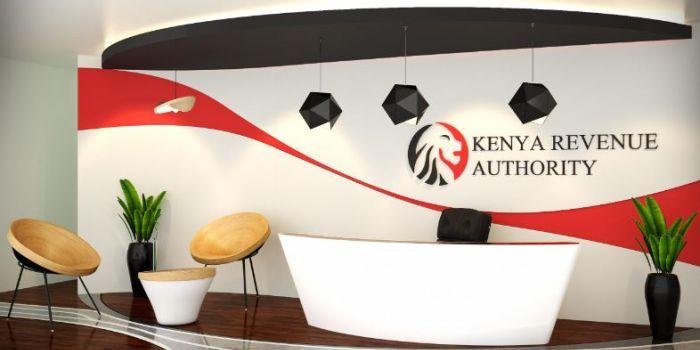Kenya High Court: ‘You can’t tax everything and anything,’ Judge Rules on Club Membership Fees and VAT
The High Court has intervened to prevent the Kenya Revenue Authority (KRA) from imposing a 16% Value Added Tax (VAT) on yearly subscription and entry charges at golf and sports clubs.
Justice Nixon Sifuna rejected an appeal by the KRA aiming to reverse a ruling that halted the tax authority’s attempts to collect these fees.
The judge emphasized that while taxes are essential for government funding, the KRA’s authority to levy taxes does not extend to every conceivable item or service.
“There must be and exist a legal and rational basis for each tax or tax stream. Taxation cannot be by sheer caprice or whim for the mere sake of taxing or no reason at all,” he said.
ALSO READ:
- “Two Groups, One Agenda”: Gachagua Accuses Raila of Secret Political Deals
- Exclusive: Ida Odinga’s 75th Birthday Party in Karen (Photos)
- FKF President Discloses Exact Amount Paid to Harambee Stars Players
- Gachagua’s Ally Senator John Methu Admits Ruto Might Win 2027 Elections
- Maraga Explains Why He Hasn’t Campaigned in Kisii Despite 2027 Bid
The KRA Commissioner for Domestic Taxes sought to reverse a March 2020 ruling by the Tax Appeals Tribunal, which prevented the tax authority from levying taxes on four golf clubs in Kiambu County.
The argument put forward by the tax authority was that these clubs operate on a membership basis, requiring individuals to pay registration and subscription fees.
According to the court proceedings, the services provided to club members are funded through these fees, constituting a taxable transaction.
The tax authority reaffirmed that these clubs operate as commercial entities rather than charitable organizations, thereby not qualifying for VAT exemption.
The Sigona Golf Club, Thika Sports Club, Kiambu Golf Club, Ruiru Golf Club, and the Kenya Golf Federation contested the appeal, contending that the Kenya Revenue Authority (KRA) lacks legal or factual grounds to impose VAT on club entrance and subscription fees.
The KRA sought over Sh40 million from the clubs for the years 2015 and 2016.
Changed the tune
The court learned that in 2013, the Commissioner of Domestic Taxes stated that the fees were exempt from VAT. However, by 2017, there was a reversal, with the commissioner now requiring payments.
As per the clubs, the services provided to members aim to help them pursue their hobbies and participate in leisure activities.
“The mere fact of requiring members to pay subscription fees does not turn the clubs into business entities or organizations undertaking their activities as a business,” the clubs said.
The court was advised that members pay subscription fees regularly to maintain access to specific rights, privileges, facilities, and services at the clubs.
Up until 2017, golf and sports clubs enjoyed VAT exemption on membership and entrance fees until the KRA initiated tax claims against them.
The clubs argued they operate as welfare organizations rather than profit-driven businesses, and therefore, the fees they collect are not subject to taxation as business revenues.
The judge affirmed that the 2001 notice clarified an existing exemption, creating a legitimate expectation for clubs to continue benefiting from it.
Additionally, the judge noted that the VAT Act of 2013 did not introduce VAT on clubs’ entrance and subscription fees nor revoke their exemption.
“That is why even after the enactment and entry into force of the Act, golf and sports clubs continued enjoying the expectation and tax authority never demanded CAT on the subject fees,” Justice Sifuna said.
The judge emphasized the court’s role in supporting lawful tax collection for economic benefit while also cautioning against excessive zeal, greed, unfairness, and unconscionable practices in tax enforcement.
Kenya High Court: ‘You can’t tax everything and anything,’ Judge Rules on Club Membership Fees and VAT
